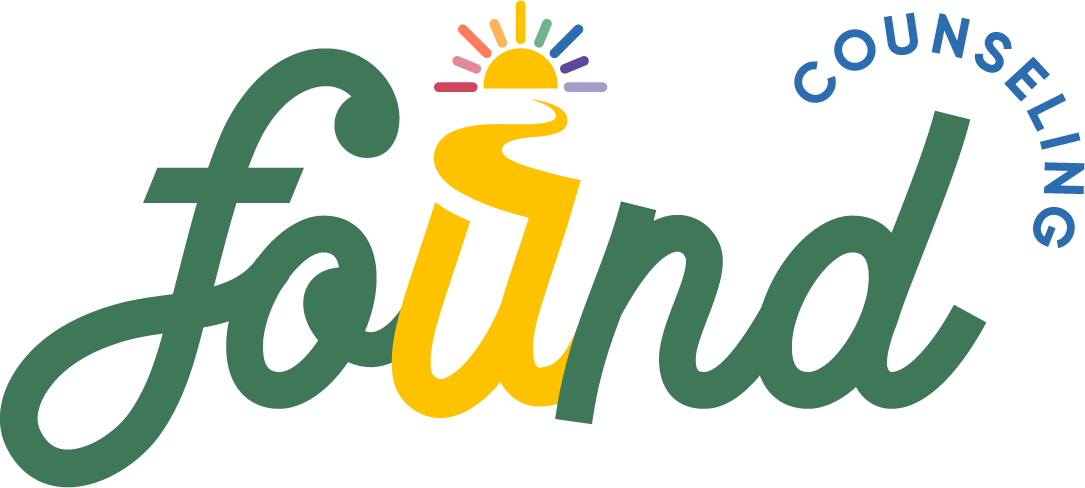
THERAPY FOR TEENS
Teens are in the process of discovering who they are, and therapy can be a powerful support along the way.
Our approach is affirming and inclusive, centered on guiding and empowering teens, not directing or correcting them.
In terms of life-long skills, therapy can help teens build confidence, self-awareness, emotional regulation, and resilience that extends far beyond the present moment
What is Teen Therapy Like Here?
Teens are often more likely to open up when they know their space is safe, so we aim to maintain client confidentiality first and foremost. The first 4+ sessions are all about helping your teen feel safe and understood. It can take weeks to build a therapeutic relationship, especially if this is their first time in therapy. We ask families to commit to at least 4 months of therapy if they can to allow for trust, growth, and meaningful progress.
Caregiver Involvement
We know that real, lasting change happens when everyone is on board, and that can include caregivers. At the same time, your teen’s privacy and autonomy are key to building therapeutic trust. We often include caregivers in ways that align with your teen’s comfort and consent for balanced collaboration Teens are often more likely to open up when they know their space is safe, so we aim to maintain client confidentiality first and foremost. We can provide regular check ins, updates, and practical tools for home life to also maintain open communication with families.
Experiences & Areas Often Explored
Neurodivergent teens: Autistic, ADHD, PDA, and 2e individuals LGBTQIA+ teens exploring identity, gender, and sexuality
Teens facing anxiety, depression, overwhelm, or burnout.
Those navigating transitions, family stress, or complex trauma
Therapy for Teens Can Help To
Understand and manage anxiety, intrusive thoughts, and depressive moods
Navigate meltdowns, shutdowns, and emotional dysregulation
Practicing boundaries, asking for what you need, saying no
Learning what healthy connection feels like (and what it doesn’t)
Building trust, safety, and communication without pressure
Improve executive functioning, like organization and time management
Process trauma and develop tools for grounding and self-regulation
Build self-compassion, confidence, and a healthy sense of identity
Learn how to balance energy with tools like spoon theory
Cultivate positive body image and self-worth
Unmask and embrace ones authentic self
Explore systemic challenges and how they affect their lived experiences


